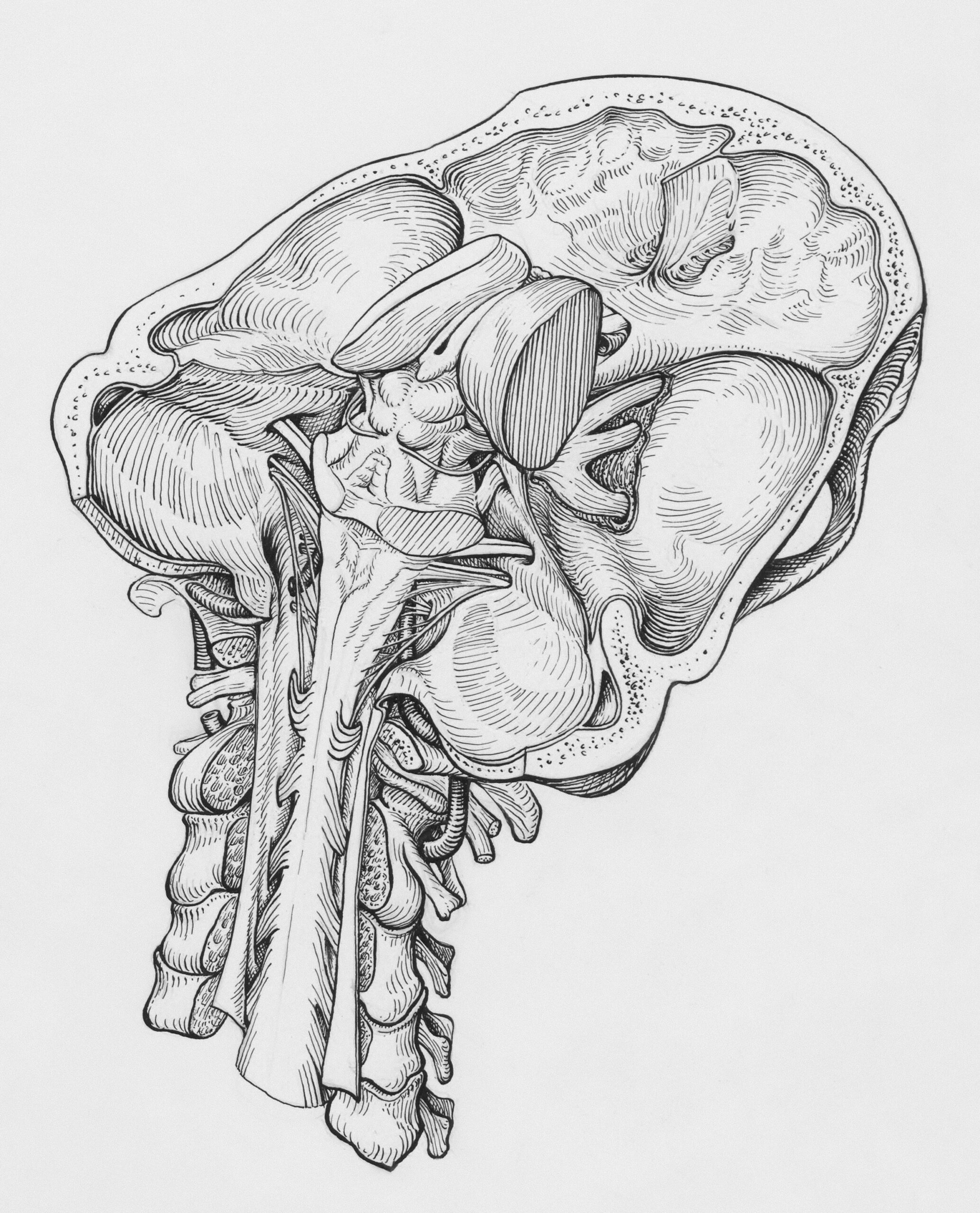Introduction
The term “spirit of the gut” is not just a metaphor. Modern science has proven that the gut-brain axis.Communicates through a powerful network known as the intestinal brain axis. This system includes trillions of bacteria living inside the veins, hormones and digestive system. The idea is that what is affected by emotional welfare in the stomach, now there is no alternative medicine-this is the modern research. By discovering this relationship, we get information on how health and mental health work together to create harmony in both body and mind.
The role of microbial imbalance
The heart of this relationship has a microbiome: the huge communities of gut bacteria, fungi and other microorganisms. When there is a microbiome balance, these organisms support digestion, nutritional absorption and immune function. But they also form neurotransmitters such as serotonin and dopamine, which directly affect mood and mental health. On the other hand, an unbalanced microbiome, anxiety, depression and even cognitive decline can contribute. Maintaining balance is not just about eating well; This is about creating an environment where favorable bacteria grow and are harmful.
How intestinal health forms mental welfare
When people talk about brain health, they often ignore the stomach. Nevertheless, more than 90% of the body’s serotonin is produced in the digestive system. This makes the digestive vehicle an important factor in emotional stability. Poor dietary habits, excessive stress or antibiotics can interfere with microbioma, which can cause mood and mental fatigue.
Simply put, taking care of the stomach is one of the most powerful ways to protect the mind.
Stress, anxiety and stomach
Stress often manifests itself in the gut. Whatever there are butterflies in the stomach before an exam or indigestion during a stressful day, the link is undeniable. Chronic stress weakens the digestion system, leading to inflammation and poor nutritional absorption. This, in turn, interferes with intestinal health and mental health relationship, forming a cycle where stress damages digestion and indigestion. Breaking this loop requires a holistic approach, one that nourishes both the body and the mind at the same time.
Nutrition for a healthy mind and bowel
The food we eat directly affects microbiome balance and mental well marriage. Fermented foods such as yogurt, kefir, kimchi and sauerkraut introduce favorable bacteria in the digestive system. Fiber -rich foods, including fruits, vegetables and whole grains, act as prebiotics, feeding the good bacteria. Omega-3 fatty acids from fish and flax seeds have been shown to support both intestinal and brain health. Choosing a natural, complete food for processed foods is a basic step in a nourishing digestion system, finally a calm, obvious to the state of mind.
Lifestyle habits that strengthen the intestinal brain axis
Beyond the diet, lifestyle plays an important role in the design of the intestinal brain connection. Sufficient sleep supports microbiome reprising, while exercise increases microbial diversity. Mindfulness and meditation reduce stress, so the gut can function more efficiently. Even simple habits such as drinking enough water can increase gut health and mental health by promoting even digestion and absorption of better nutrients.Together, these practices create a positive response loop where a healthy intestine supports a strong mind.
Future for intestinal brain research
The scientific society continues to detect the secrets of intestinal brain compounds. Researchers highlight the relationship between microbi -diversity and conditions such as Alzheimer’s, autism and chronic depression. With the moving technology, doctors will soon be able to design individual diets and treatments for a person’s unique microbiome. Since the relationship between digestive wellness and mental health becomes clear, society moves towards preventative approaches instead of reactive agents. The future of the fabric can be very good lying in the stomach.
Conclusion
The intestinal brain connection is more than a scientific theory; This is a life -changing reality. We can change not only physical health, but also emotional flexibility by providing nurturing microbioma, preference to digestive wellness and microbiome balance. The truth is simple: a healthy bowel creates a healthy mind. As research develops, it is becoming increasingly clear that the path of mental clarity, happiness and long -term welfare begin in the digestive system. In a world where stress and anxiety increase, it can be the most powerful tool we have to protect the mind and body.

